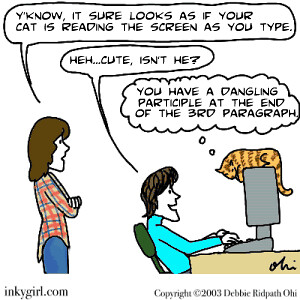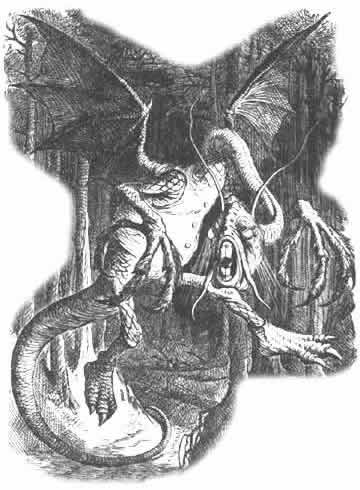Dear Scholars,
The homework was to watch at least the first part of Unacknowledged Legislation — a speech given at Rutgers University on the power of the written word in politics and social transformation — and to listen to it for its use of language as well as its message. You all took careful vocabulary notes. Let’s discuss terms he uses and your vocabulary journals.
Suggested writing project — the power of words: Put into words a complaint, diatribe or persuasive work. Express an opinion that you feel strongly about. We will discuss projects submitted this week on his theme.
Let’s go over some of the submitted work.
An early version of the classic Strunk’s Elements of Style has been put in our classroom. Let’s review some of the elements. It has been revised many times since, but this one is in public domain. From Wikipedia: The Elements of Style (1918) (aka Strunk & White), by William Strunk, Jr., and E. B. White, is a prescriptive American English writing style guide comprising eight “elementary rules of usage,” ten “elementary principles of composition,” “a few matters of form,†a list of forty-nine “words and expressions commonly misused,” and a list of fifty-seven “words often misspelled.”
 Dangling participles
Dangling participles
It would seem fairly obvious, but one of the most important elements of writing is to say what you actually mean. It’s very easy to say something else without realizing it. Let’s explore this problem.
A pronoun must refer to a single noun, not a phrase or a collection of oddments and especially may not refer to nothing at all. Check your work to determine the reference for pronouns.
Wrong:
The accountant’s wheelbarrow was full of eels, which irritated the fastidious spectator.
The which does not refer to a specific noun. Are the eels irritating the professor, or is it the presence of the wheelbarrow?
Better:
The presence of eels in the accountant’s wheelbarrow irritated the fastidious spectator.
Modifying phrases must modify something appropriate. “Misplaced” modifiers dangle about untidily.
Here are some examples of ambiguous anaphoric references and dangling participles.
While climbing Mt. Kilimanjaro, which is quite steep up to the very top and then slopes away rather sharply, Rupert’s hair dryer required constant adjustment.
(Who is climbing the mountain? The hair drier?)
Ducking under a flock of pestilent soiled budgies, the handlebars struck the sandwich in my pocket doing irreparable harm to the avocado.
(Who or what is ducking?)
To Rupert’s surprise, he was comfortably able to drive the tractor wearing swim fins and goggles.
(Is the tractor wearing swim fins and goggles?)
Homework:
Watch the rest of
Unacknowledged Legislation.
A vocabulary story, The Ministry of Erroneous Assumptions, has been added to our class. Have a look at it.
How to write a research paper has been added to our classroom. We will be discussing this at some point.
Try to determine what is wrong with the following sentences, and correct them, posting your versions in the writers forum.
- While trying ineffectually to retrieve the eggplant centerpiece from his neighbor’s trout pond, Rupert’s phone wouldn’t stop playing Monteverdi’s Orfeo and the chicken just kept dancing until Irmgard threw a yogurt-encrusted spatula at him.
- The spinning wheel stood on the ancient parapet before it was dismantled.
- There was a rumor going around that the library’s copy of 16 More Things to Do in Zero Gravity had been used to store the dessicated duck’s liver long after the expiry date and it was nasty.
- The banner flew in the sparkling sun as the cavalcade approached the battlements just before it disappeared from view.
- Harold helped Hermione rewrite the screenplay of Delightful Moments with Hideous People before being insulted by the dockworker, and it reminded her of a mermaid on a motorcycle.
- The day after the strange incident with the petulant penguin, Mabel found Hermione and Penelope putting the finishing touches on the marble bust of Jane Austin and then she came down with a bad cold and hid it in the refrigerator until she could think of a better way to explain why she missed the deadline.
- The members of the sixth grade cooking class were issued charismatic wooden spoons, but were told by the three whisk-wielding Muscovites that they were expected to present them to the members of the board of holistic balloonists when they finished their tour of the campus model-railroader’s exhibit of extinct Siberian waterfowl.

 (See
(See 


